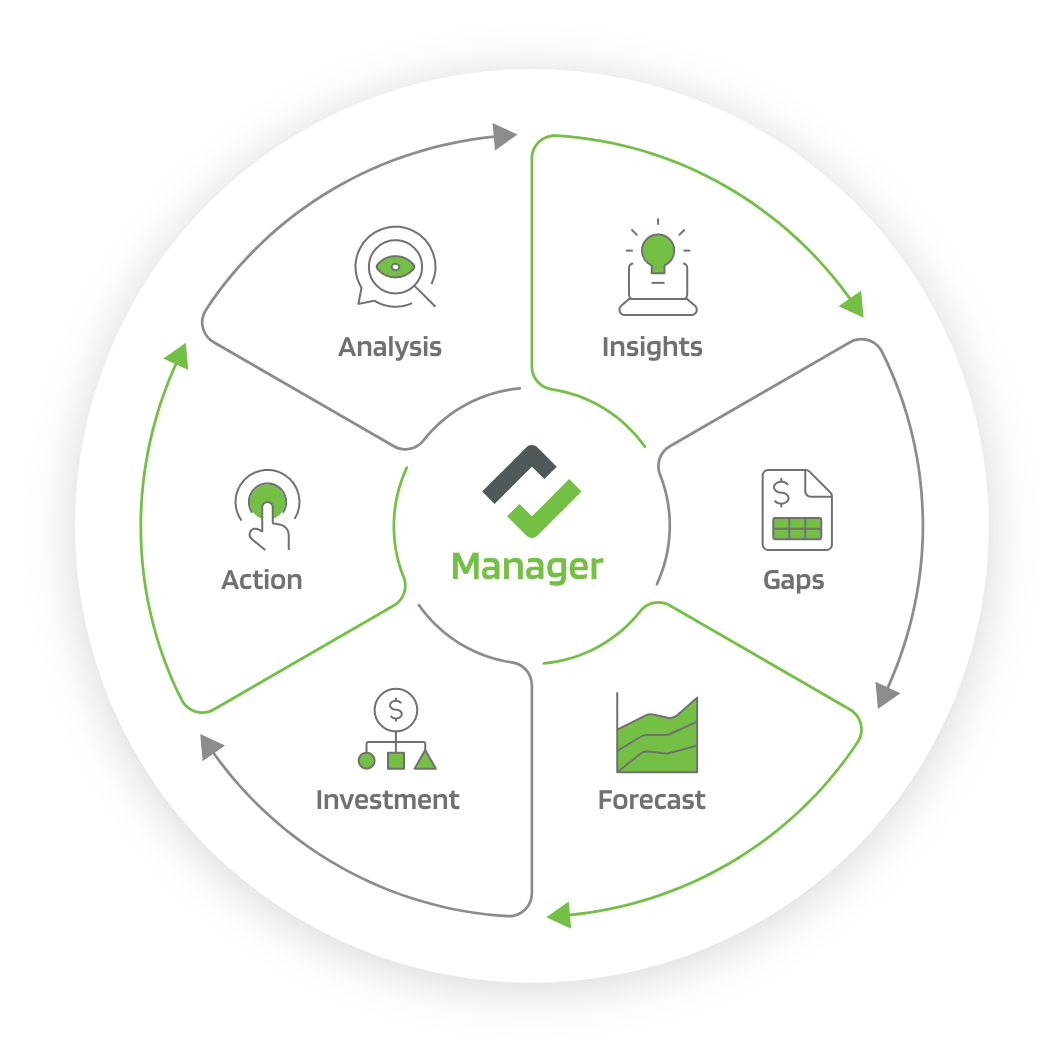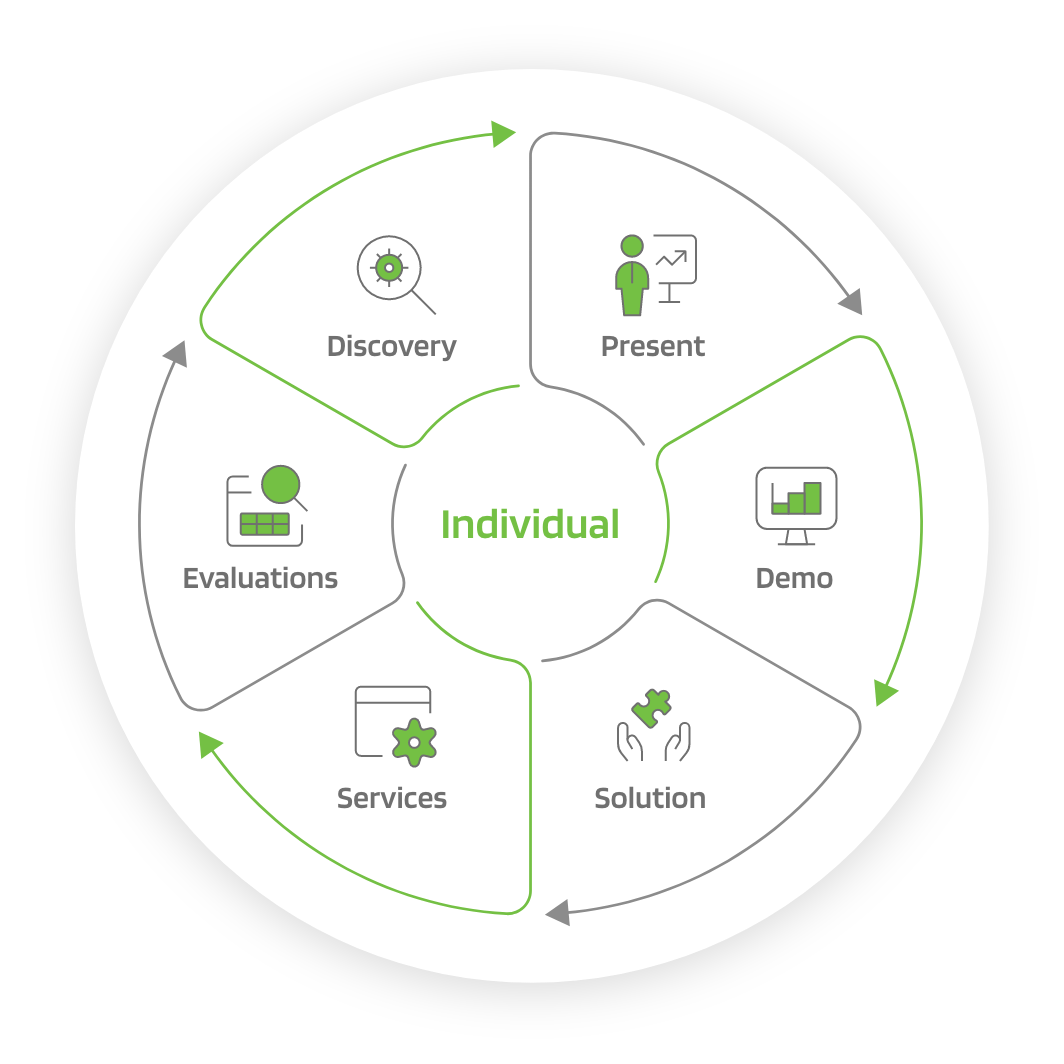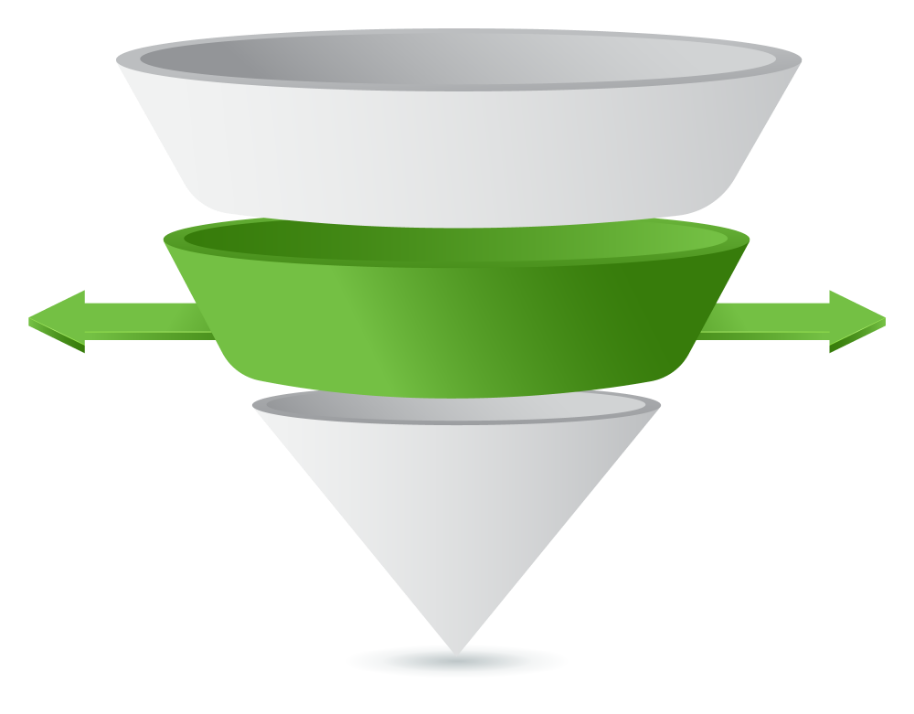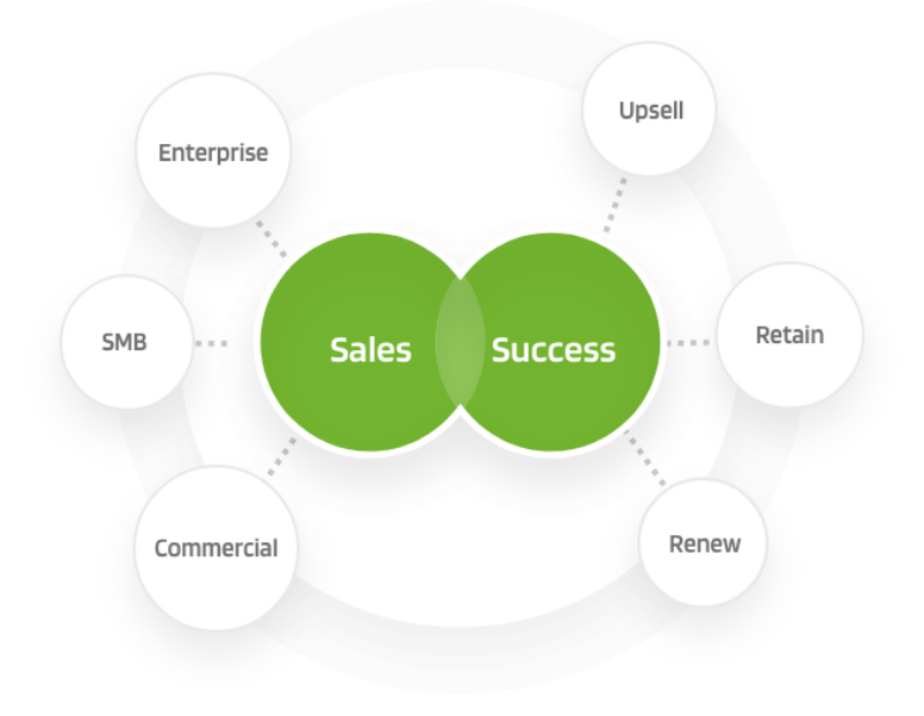
Technical Sales by Hub
What Do Presales, Sales Engineering and Solution Architects Mean In Today’s Digital Sales Era?

Presales, sales engineers, and solution architects essentially have the same role: they are responsible for mapping the value of technology to prospective customers and in many cases have a tremendous amount of sales leverage effect on quota.
They are also key partners with sales representatives and account managers. The more sales engineers, presales, and solution architects collaborate with their sales counterparts, the better the outcome will be.
In addition,a presales engineer, sales engineers, and solution architects are problem solvers. They are intelligent, driven, collaborative, resilient, and gritty professionals who power middle-of-the-funnel sales activities that lead to closing business.
But now, with the acceleration of digital transformation and remote selling, driven largely by the Covid pandemic, presales, sales engineers and solution architects must perform their work differently. Moreover, with the evolution of product packages largely shifting from on-premise software to SaaS (Software as a Service), these professionals have had to evolve the way they perform their technical sales activities.
Let’s look at the two categories most presales, sales engineering, and solution architect professionals fall into.
Managers
Whether responsible for 5 or 5,000 presales, sales engineering, and/or solution architects, all leaders want to keep a pulse on their business, especially when scaling. This allows them to track the costs associated with supporting sales and driving revenue. No matter the size of the technical sales team, however, operational costs can easily range from millions to billions just on headcount alone. To effectively support sales and grow the business, managers care about:
- Analysis to gain continuous visibility on the presales, sales engineering, and/or solution architect line of business.
- Insights to learn more about the things they know, get metrics on things they know they don’t know and uncover activities they don’t know they don’t know
- Gaps to capture technical feature gaps in their products and solutions that are blocking business so they can triage with product line management.
- Forecast to contribute to sales forecast on both short- and long-term opportunities.
- Investments to make data-driven decisions on where to invest in people, processes, and systems.
- Action to take corrective actions based on leading indicators to get middle-of-the-funnel opportunities back on track.
Vice presidents, directors, and managers of presales, sales engineering, and/or solution architects often have to drive compliance from individual contributors to provide data manually. Management then has to wrangle this data from various general-purpose systems to visualize the technical sales metrics that help drive success on the pertinent key performance indicators (KPIs) and objective key results (OKRs).
These metrics not only help managers run the technical sales business but also convey the team’s activities to the C-suite and garner support for requests on additional investments in the organization.
The good news is managers have been adopting new platforms, aimed at better supporting their daily management workflow needs both with remote selling and SaaS products, according to Nancy Nardin, analyst from Smart Selling Solutions.
Now that we have provided a short overview of managers, let’s look at the individual contributor.
Individual Contributors
The role of individual performers as presales, sales engineers, and solution architects varies. They can be assigned to support 1 to 15 specific sales representatives, they may be a shared resource pool assigned to sales representatives, and/or they are identified as subject matter experts (SMEs) that are called upon for particular opportunities that need their specific expertise.
Most presales, sales engineers, and solution architects typically perform jobs like the ones below every day:
- Discovery – They qualify or disqualify whether a prospect is a technical fit for their products, services, and solutions.
- Present – They tell a compelling narrative and present technical material to the prospect to map the value of the product, solutions, features, and capabilities being sold.
- Demo – They demonstrate and showcase the product and solution being sold to the prospect that is in line with the things the prospect cares about. (inject Kerry’s link that gets published next week).
- Solutions – They develop the right mix of products, features, and architectures to meet the requirements outlined by the prospect to meet the prospect’s business objectives.
- Services – They scope the right professional services required to meet the prospect’s needs.
- Evaluations – They effectively manage proof of concept (POC), proof of value (POV), guided trials, and hands-on product workshops.
There are many more jobs that individual contributors perform, such as responding to request for proposals (RFPs), spending countless hours entering data into a customer relationship management (CRM) for upper management visibility purposes, and managing tasks in tools like spreadsheets.
Now that we have looked at both the management and individual contributor roles, let’s look at how digital transformation is driving demand for better tooling specifically designed for presales, sales engineering, and solution architects.
Tooling Evolution for the Presales Engineer, Sales Engineering and Solution Architects
Is it time for technical sales to have their personalized platform? I recently addressed that in an article for Forbes. In that article, I explored how presales, sales engineers, and solution architects can determine if they are ready for a unified platform that can help them manage their daily work in today’s digital-first, remote sales world. Because the truth is, the days of cobbling together various point product tools, like CRMs and Excel, are coming under closer scrutiny. More and more companies realize that technical sales professionals in the go-to-market supply chain need their platform.
Today’s productivity platform for presales, sales engineering, and solution architects must help managers and individual contributors save time and win business. The best technical sales productivity platforms should have key capabilities that focus one:
- People – Capture information on key personas of interest involved in technical sales.
- Process – Codify templates and playbooks associated with key activities.
- Products – Contextualize product attributes to sell on strengths and manage gaps.
- Automation – Automate mundane tasks such as CRM data entry and reporting.
- Integration – Work with existing CRM and productivity applications, like calendaring.
- Control – Give technical sales the ability to administer their source of record.
- Security – Apply the right security controls to protect prospect and company data.
- Scale – Support various sales motions and product offerings.
- Collaboration – Enhance working with internal and external stakeholders.
- Prescriptive – Offer guided actions that are likely to increase the win rate.
- Visibility – Deliver real-time views on all pertinent technical sales activities.
- Speed – Increase the ability to deliver value to internal and external stakeholders.
A Presales engineer, sales engineering, and solution architects have always played a key role in enterprise sales. That hasn’t changed. But how these professionals sell and the tools they use in a remote, digital-first environment is evolving.
Companies that want to grow their market share and beat the competition are paying more attention to technical sales professionals. And companies are doing so by investing in the right people, processes, and technologies to win more business.







